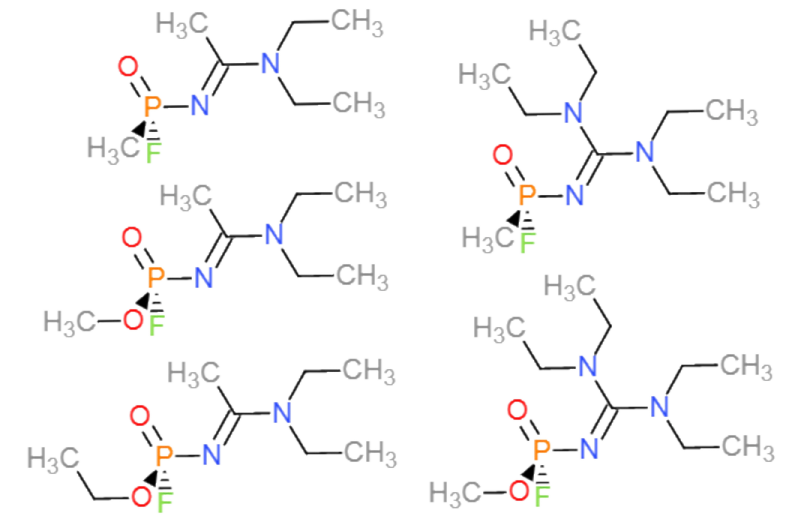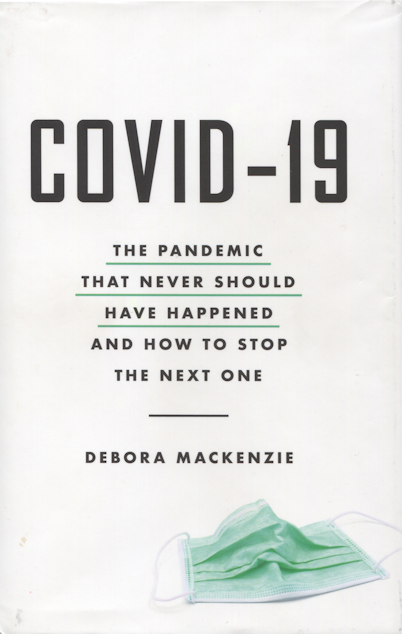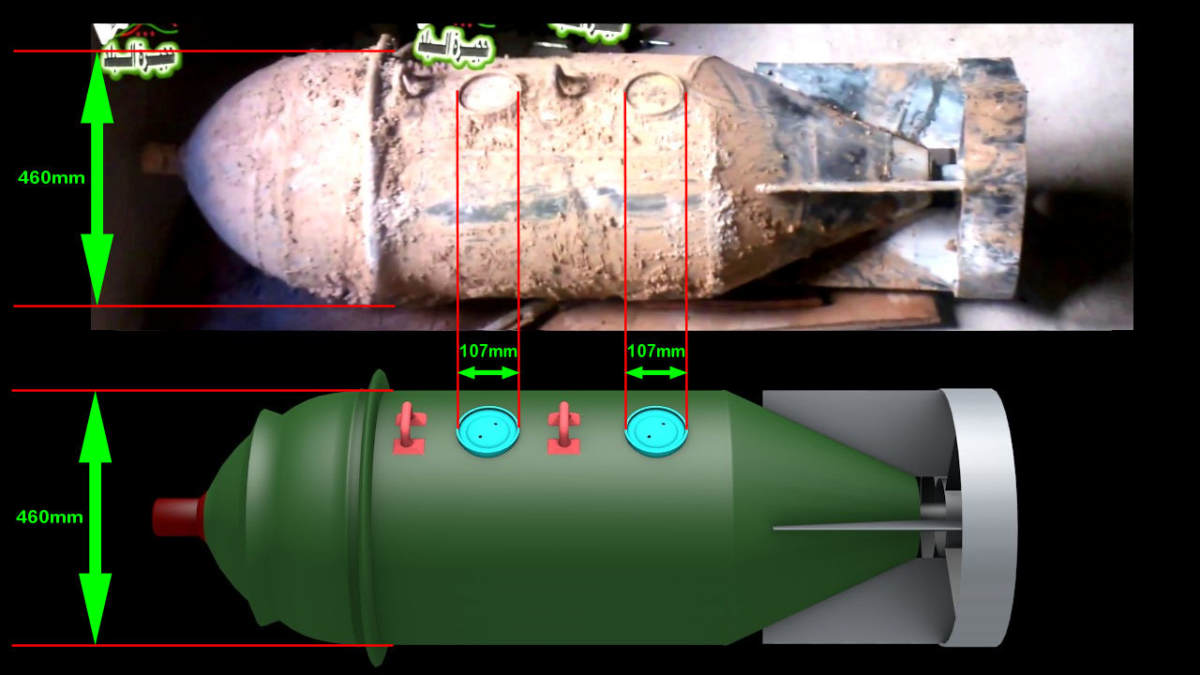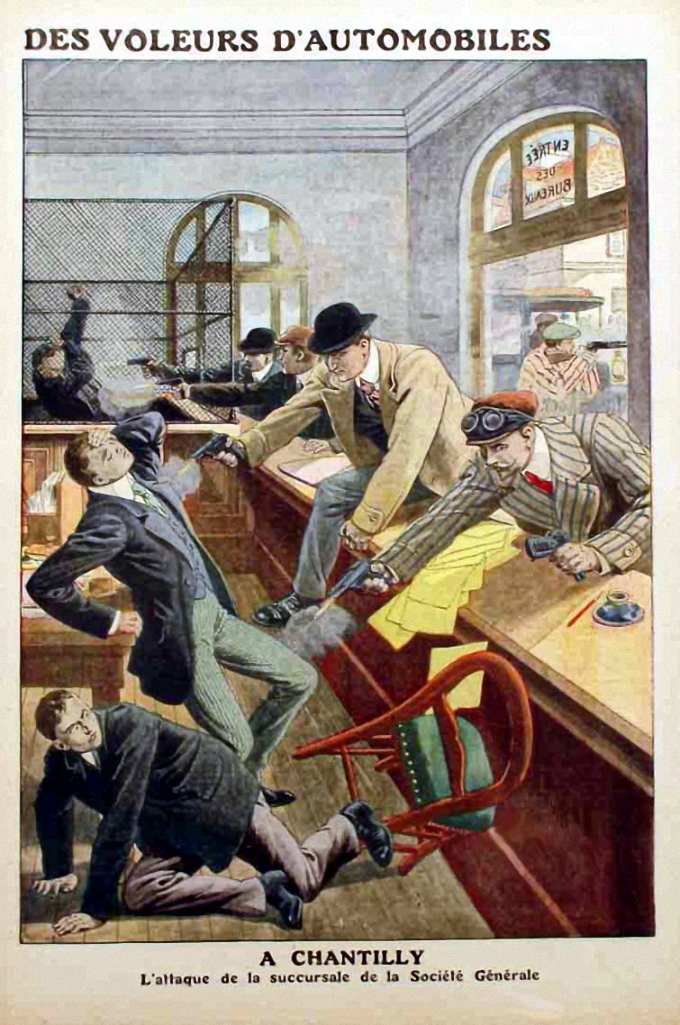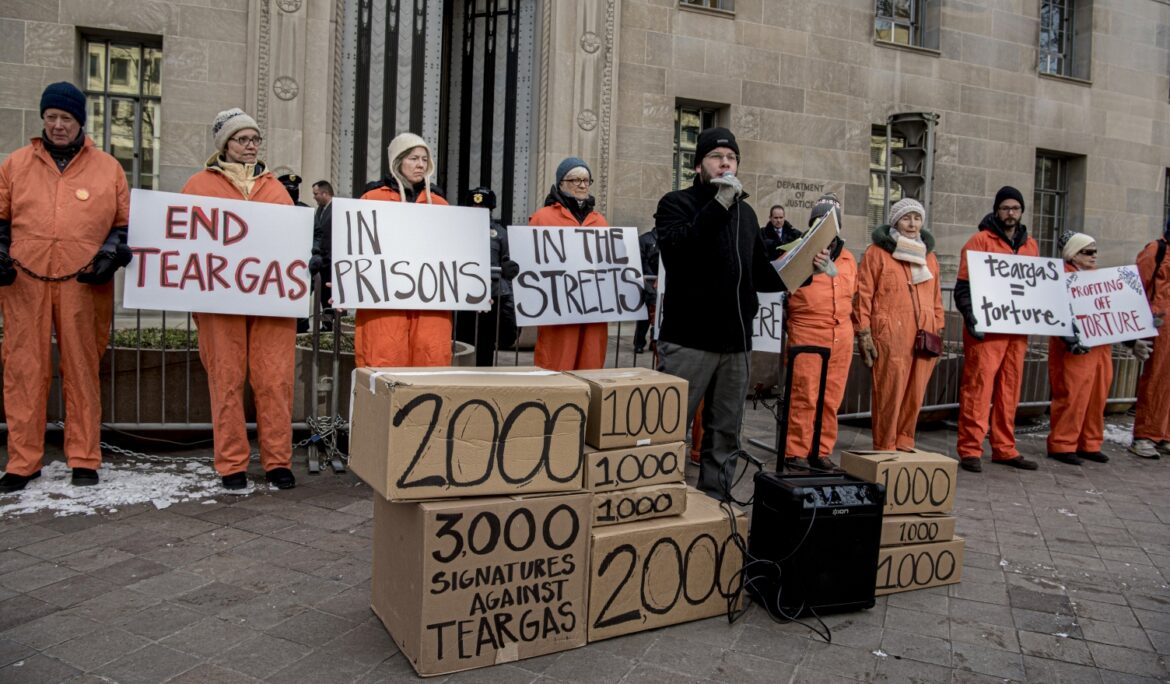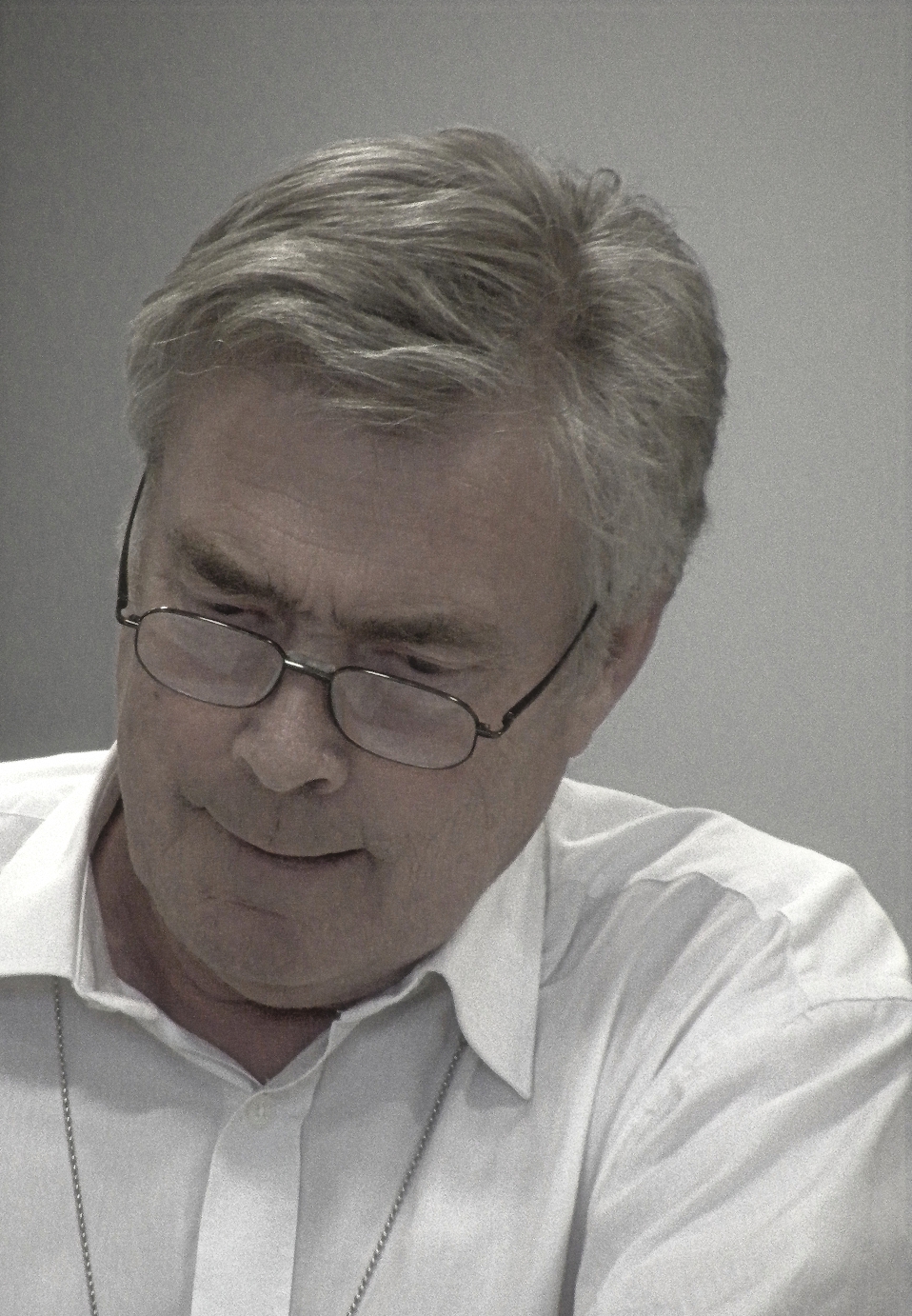History of nerve agent assassinations
On 20 August, the Russian anti-corruption activist Alexei Navalny fell ill during a return flight to Moscow and was hospitalised in the Siberian town of Omsk after an emergency landing. Members of his travelling party immediately suspected poisoning, an impression hospital staff reinforced when they refused Navalny’s personal physician access to his medical records. Following his airlifting to Berlin for further examination and specialist treatment, the Charité hospital issued a statement on 24 August that preliminary findings indicated exposure to ‘a substance from the group of cholinesterase inhibitors’. Even though the hospital could then not name the specific poison used, …
COVID-19: A perfect storm foretold
Book review: Debora MacKenzie, COVID-19: The Pandemic That Never Should Have Happened and How to Stop the Next One (New York: Hachette Books, 2020), 279p. The book opens with the quote from a poster seen at the first March for Science on 22 April 2017: “Every disaster movie starts with someone ignoring a scientist”. My immediate thought: well, scientists may be clever, but they just cannot express their thoughts in a register that politicians and opinion shapers might understand. Another reflection replaced it instantaneously, this time on politicians: they are so ideological that if their teachings tell them to …
Apparently major chemical weapons attack near Damascus reported
As I am writing, disturbing news reports are coming in of a major chemical attack on the eastern eastern outskirts of Damascus (Ghouta district). According to images and film footage posted to the Internet by opponents to the al-Assad regime, many casualties, including fatalities can be seen. Supplementary visual testimony strongly indicates poisoning. [Images are graphic and should be viewed with caution!] In past blog postings and commentaries I have been sceptical of CW claims, because the narrative accompanying images and film footage did not correspond with what could be seen. More importantly, a number of things one would expect …
Syria stands formally accused of violating the Chemical Weapons Convention
The Executive Council of the Organisation for the Prohibition of Chemical Weapons (OPCW) held its 94th session from 7–10 July. Prominent on the agenda was the determination by the Investigation and Identification Team (IIT) that ‘there are reasonable grounds to believe’ that Syrian government forces bear responsibility for several chemical weapon (CW) attacks at the end of March 2017. The finding is the first time that the Technical Secretariat of the OPCW has formally charged a state party to the Chemical Weapons Convention (CWC) with violating Article I, para. 1(b) to never under any circumstances use CW. The accusation is …
From irritant to tear-gas: the early story of why a toxic agent became non-lethal
With the recent international attention to riot control agents (RCA) people have raised the question how their use against protesting civilians can be legal when the toxic agents are internationally banned from battlefields. Framed as such, the question is not entirely correct. In my previous blog posting I argued that outlawing RCAs for law enforcement and riot control based on the above reasoning may run into complications in the United States because the country still identifies operational military roles for irritants on the battlefield in contravention of the Chemical Weapons Convention. This article sketches the convoluted history of harassing agents …
‘Tear-gas’: authorised at home, banned in war? Not so for the USA
‘Tear-gas’ may come to symbolise the Trump Administration’s heavy-handed response to the popular reaction against the killing of George Floyd, a middle-aged black man, by a white police officer. The President’s rolling thunder of insensitive, divisive tweets extolling law and order and deriding the legitimate demands by the Black Lives Matter movement has contributed to irresponsible use of force against essentially peaceful protesters, onlookers, and members of the press. Police brutality combined with widespread lack of accountability – unless a person gets killed or an incident is captured on media – has led to multiple types of excesses. When President …
JPPR – The 4 letters that shaped my career
Dazed. Shocked. Stunned. Does any one of these words even begin to convey my reaction when around noon on 23 April I received the phone call informing me of Julian’s passing, having lost the battle against COVID-19 the night before? When I entered the field of chemical and biological warfare in 1986, his name immediately stood out. Julian Perry Robinson, a name immediately associated with the Stockholm International Peace research Institute (SIPRI) and the University of Sussex, near Brighton in the south of England. Our first encounter was in 1989. In hindsight, it was unsurprisingly at a workshop bringing together …
Palestine: From a ‘will-be’ party to the CWC to a ‘would-have-been’?
Something really remarkable happened in the first two weeks of 2018. On 2 January, quite out of the blue came the notification by UN Secretary-General António Guterres that the State of Palestine had deposited its instrument of accession to the Chemical Weapons Convention (CWC). It was to become the 193rd state party on 28 January, thirty days after having submitted the document (29 December). Indeed, ‘was’. Guterres formally informed UN members on 11 January that Palestine had withdrawn its instrument of accession three days earlier. States withdrawing from a disarmament or arms control treaty is extremely rare. But it does …
Novichok and the Chemical Weapons Convention
Assassinations with nerve agents are rare. Very rare. The reason is simple: other means to eliminate a person are simpler and much more effective. The marginal benefit from using even some of the most toxic substances ever made by man is negligible. What is more, the attempt fails often, as Aum Shinrikyo experienced when trying to take out some of the cult’s enemies with VX before the 1995 sarin attack in the Tokyo underground. Last year’s murder of Kim Jong-nam, half-brother of North-Korean leader Kim Jong-un, also involved VX according to Malaysian authorities. However, the real perpetrator behind the two …
Geopolitical manoeuvring behind Skripal
On 4 April the Executive Council (EC) of the Organisation for the Prohibition of Chemical Weapons (OPCW) will meet in a special session. Russia called the extraordinary meeting. It has been a month now since former Russian spy Sergei Skripal and his daughter Yulia had been exposed to a nerve agent in Salisbury. The United Kingdom (UK) government identified it as a member of the ‘Novichok’ family, once researched and developed by the Soviet Union. Russia is believed to have continued the programme at least during the first years after the breakup of the USSR. It has never come clear …

